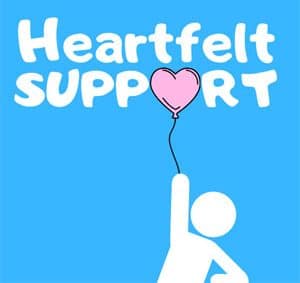In this article, we’ll look at the science behind the use of equine therapy for PTSD.
First, for new readers, some definitions:
Post-Traumatic Stress Disorder (PTSD) is a mental health condition that can develop after experiencing or witnessing a traumatic event. PTSD symptoms can include flashbacks, nightmares, anxiety, and depression. The US Government has a more expansive but quite readable description available here.
Equine therapy, also known as equine-assisted therapy or horse therapy, involves working with horses to improve mental health. More detail can be found in some of our other pages and blog posts, including a good general description here and a description of the different types here.
Equine therapy can be useful for people who struggle with anxiety, depression, addiction, and other mental health issues, but research has shown that it is particularly effective for those who have experienced trauma and have PTSD. Although there are various treatments available for PTSD, not all methods work for everyone. Equine therapy is a relatively new treatment but the results are promising.
There are several reasons why equine therapy is helpful for people with PTSD. First, horses are sensitive and intuitive animals, which can help people develop a sense of trust and safety. According to a study published in the Journal of Psychiatric and Mental Health Nursing, participants in an equine therapy program reported feeling a sense of safety and calmness while working with horses. The researchers concluded that equine therapy can help reduce symptoms of anxiety and promote feelings of calmness and safety.
Second, working with horses can help people develop new coping skills. According to a study published in the Journal of Traumatic Stress, veterans with PTSD who participated in an equine therapy program reported significant improvements in emotional regulation, coping skills, and social support. The researchers concluded that equine therapy can be an effective adjunct to traditional PTSD treatments.
Third, equine therapy can help people develop a sense of connection and social support. A study published in the Journal of Psychiatric and Mental Health Nursing found that participants in an equine therapy program reported feeling a sense of connection with both the horses and the other participants in the program. The researchers concluded that equine therapy can help reduce feelings of isolation and promote social support.
Several celebrities have also spoken about the benefits of equine therapy for PTSD. Actress Kaley Cuoco, who plays Penny in the television show The Big Bang Theory, has been open about her struggles with anxiety and depression. Cuoco has said that horseback riding and working with horses have been instrumental in managing her mental health. Country music star Miranda Lambert has also spoken about the benefits of equine therapy. Lambert has said that working with horses has helped her manage anxiety and has been a vital tool in her recovery from PTSD.
Most professionals consider equine therapy is a promising ‘new” treatment for PTSD and research has shown that working with horses can help reduce symptoms of anxiety, improve emotional regulation and coping skills, and promote social support.
We would argue it’s been around a lot longer, informally – people have bonded with horses for millennia, but research is catching up with fact.
Note: Heartfelt Support is a provider of equine therapy. As with any treatment, it is important to consult with your trusted health professionals to determine if trying equine therapy is right for you

